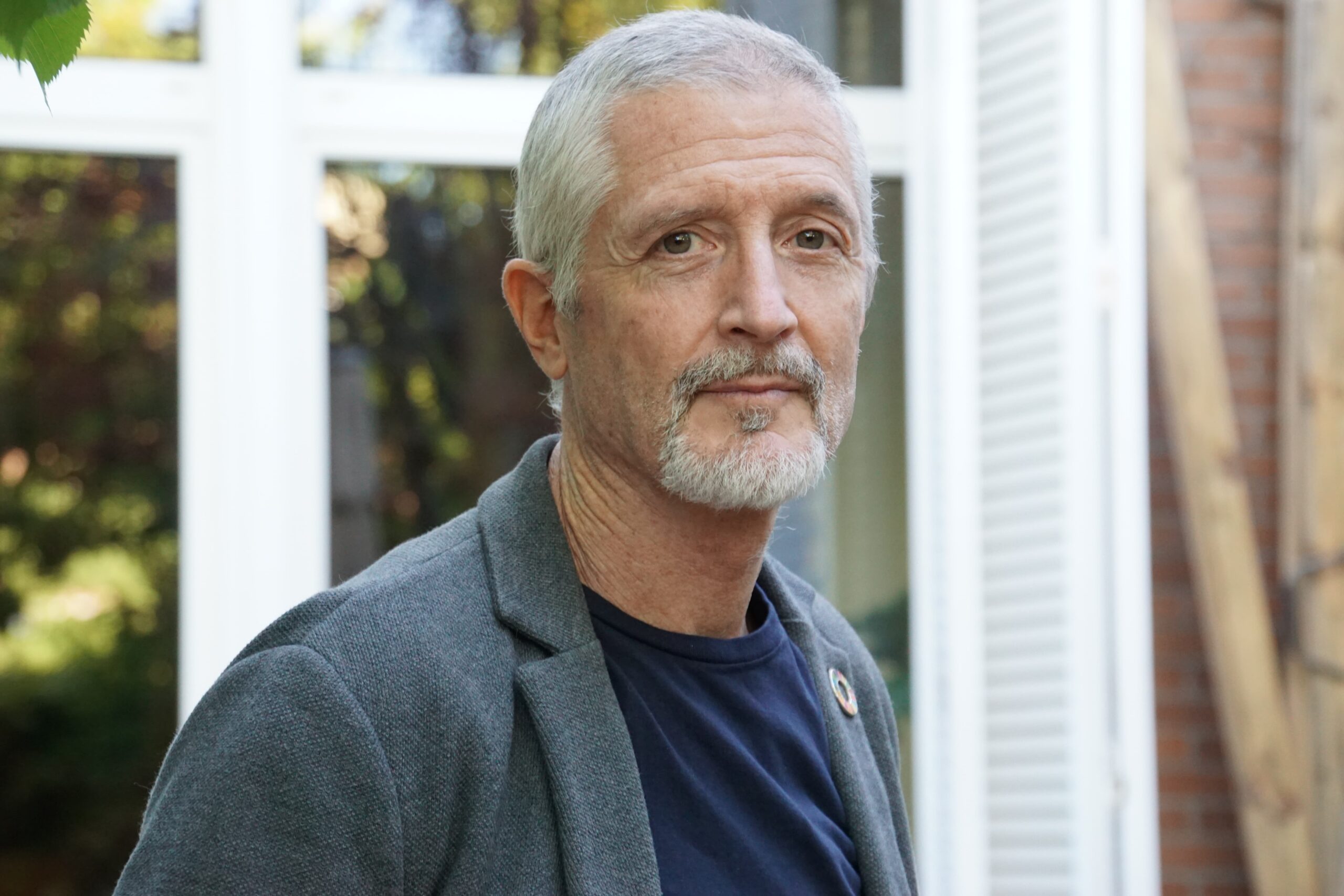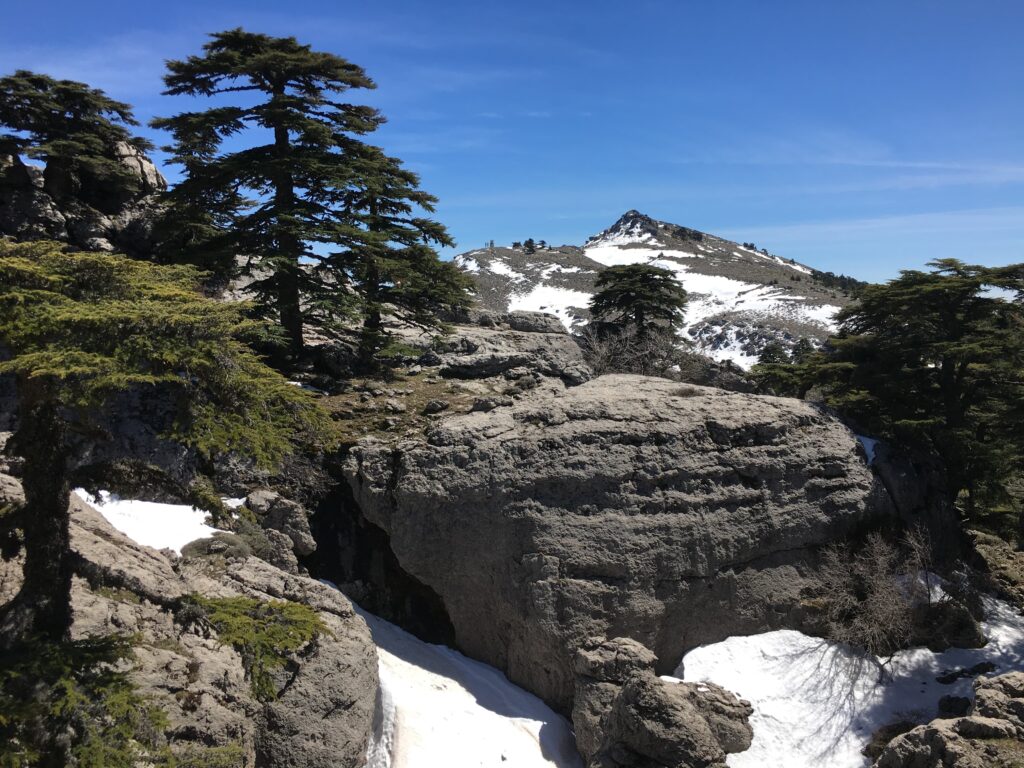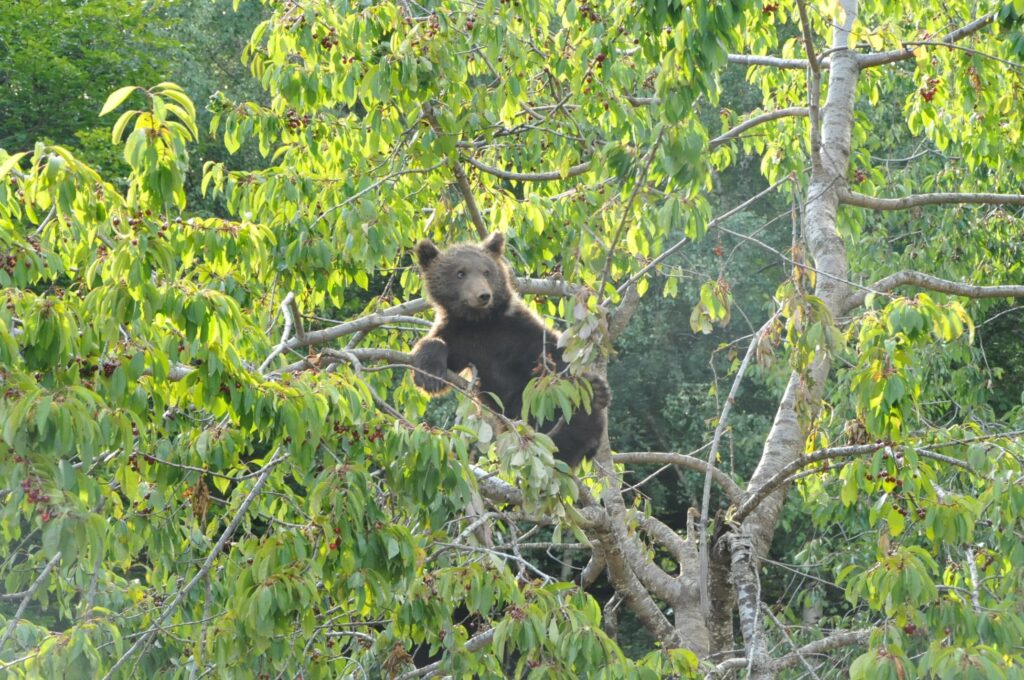
Doctor of Biological Sciences from the Complutense University of Madrid. Winner of the International Mason E. Hale Award (Canada 1994) Research Professor of the CSIC (Superior Council of Scientific Investigation), he directs the Ecology and Global Change group at the National Museum of Natural Sciences. He’s the director of the International Laboratory of Global Change and the Graduate Program of Global Change at the International University of Menéndez Pelayo and the CSIC. For eight years he’s been the president of the Spanish Association of Terrestrial Ecology. He’s had more than 300 scientific publications and conferences in research centers all over the world. Recently, he was awarded the Via APIA Award for informative transparency by the Association of Journalists for Environmental Information (APIA). “The relationship between our health and nature is direct and very intense.” “Let’s say that our lives are not possible without the minimum biodiversity necessary to maintain functional ecosystems.” “We’re depleting all of earth’s ecosystems of its species.” “Our degradation of the environment has grown exponentially and so has the risk of pandemics.” “To avoid this, we have to center planetary health and organize ourselves around it.” “We have to trust that technology and socioeconomic alternatives exist.” What we need is the decision to change.” These are some of the key messages that our guest, Fernando Valladares, has shared.
“Conserving nature and keeping it in good shape is the best insurance we can invest in long-term”
Fernando Valladares
What relationship is there between health and nature?
The relation of our health to nature is direct and very intense. If the nature we’re surrounded by is in decent shape, our health improves or is kept at a high level. It’s practically impossible to be in good health if the air, water, and food aren’t healthy. It’s also not possible if we’re not surrounded by complete and functional ecosystems, which provide a variety of vital goods and services for our lives. All of this is what the concept of planetary health is based on. From the United Nation’s One Health program to the health of humanity, which I explain on my Youtube and Instagram accounts.
Is the solution to problems of survival on this planet found in nature?
Yes, the long-term solution is. With immediate emergencies and situations, our technology, or health services, or civil protection are the solution. But these methods will always be employed after the fact, while conserving nature and keeping it in good condition is the best insurance that we can invest in long-term. Nature that is protected will allow us to greatly reduce risks of extreme climate events as well as risks of pandemics or contamination.
What is the current state of biodiversity in Spain specifically and in the world in general?
Biodiversity is the planetary boundary that we’ve pushed the most, where we’ve drifted furthest from the standard of safety, predictability, and stability where we should be to assure our survival. We’ve increased the rate of species extinction by a great magnitude and it creates dysfunctional ecosystems that take away from overall well being which eventually compromises our permanency on the planet. Let’s say that our lives are not possible without the minimum biodiversity necessary to maintain functional ecosystems. And we don’t always know exactly how much the minimum is for biodiversity, but we know enough to affirm that in many places we’ve exhausted species beyond that necessary number for an ecosystem to function. Spain is a great refuge and source of biodiversity, but if we don’t change our relationship with nature, soon we’ll have exhausted this resource.

“Spain is a great refuge and source of biodiversity, but if we don’t change our relationship with nature, soon we’ll have exhausted this resource.”
Fernando Valladares
Does environmental degradation complicate our journey toward sustainability of the planet?
Essentially. Not giving enough time so that agricultural ecosystems can recover in terms of fertility, intensive exploiting of forests, exhausting natural resources, consuming fossil water that took thousands of years to accumulate on subsoil, extinguishing species, and nitrogen or plastic contamination of all earth’s ecosystems led us to a debt that we’ll never be able to pay off. This is the essence of unsustainability: environmental costs grow rapidly and there won’t be technology or insurance companies that are capable of dealing with it. Sooner or later it will happen, and everything indicates that it will happen soon rather than later.
“Unsustainability: environmental costs grow rapidly and there won’t be technology or insurance companies that are capable of dealing with it.” It will happen soon rather than later.”
Fernando Valladares
Have we gotten rid of the concept of biodiversity?
Not the concept, no, but we have done away with its conservation and maintenance overtime. We’re depleting all of earth’s ecosystems of its species.
Is there a direct relationship between ecology, ecosystem balance and the increase of viruses, specifically with COVID-19?
Yes. The relationship is evident in the study of many pathogens, like the bacteria implicated in Lyme’s disease, which ticks spread, or West Nile virus, which is found in birds and spread by mosquitoes. The United Nations have echoed the abundant scientific documentation that shows that healthy and rich ecosystems decrease the risks of animal to human diseases. They also slow the expansion of epidemics, dilute the number of pathogens, and in general decrease the prevalence of infectious illnesses from animals, like COVID-19.
“Healthy and rich ecosystems decrease the risks of animal to human diseases. They also slow the expansion of infectious epidemics from animals, like COVID-19.”
Fernando Valladares
There’s a lot of talk about possible vaccines for the COVID-19 pandemic. What is, in your understanding, the solution to this crisis and its growth?
Right now, since we’re in the middle of a resurgence of a very contagious pandemic, we’re only able to practice the precautionary methods to avoid contagion that we hear through the media; and support the development of drugs, treatments, and vaccines against COVID-19. But the real success will be to learn enough to change the model of society and be truly capable of lowering the risk of pandemics to what it was for thousands of years, from the Neolithic Revolution up to the Industrial Revolution. From that point, our environmental degradation has grown greatly and along with it the risk of pandemics. We either block the root of the problem or we’ll fall victim again and again to major sanitary issues like COVID-19.

“The real success will be to learn enough to change the model of society and to be capable of lowering the risk of pandemics”
Fernando Valladares
Do you think the human species, the main culprit of climate change, will kill many people? How many more pandemics could we live through?
It’s undoubtable that if we continue the way we are, we’ll involuntarily cause the death of millions of people, because of climate change as well as other manifestations of environmental degradation. We can withstand many pandemics, the question is at what price. We shouldn’t fall victim to pandemics like COVID-19 the same way and with the same casualness about prevention methods as we have this time. And in order to avoid that we have to revise the model of society and change the socioeconomic model. We have to make the health of the planet the center priority and organize ourselves around it.
What possible solutions or efforts can we put forth as responsible citizens?
The first thing is being conscious of the relationship between symptoms (climate change, pandemics) and the causes (environmental degradation, unsustainable exploitation of nature). The second thing is getting the courage to confront change, a significant change that will bring many good things but that will require great effort. And we have a lot of reluctance to change, above all in the fundamental aspects. Once we confront those two things, the concrete actions, the decisions of who to vote for or what products to buy or recycle will be pretty obvious. We have to trust that the technology and socioeconomic alternatives exist. What we need is the decision to change.
Translator: Zach Beacher